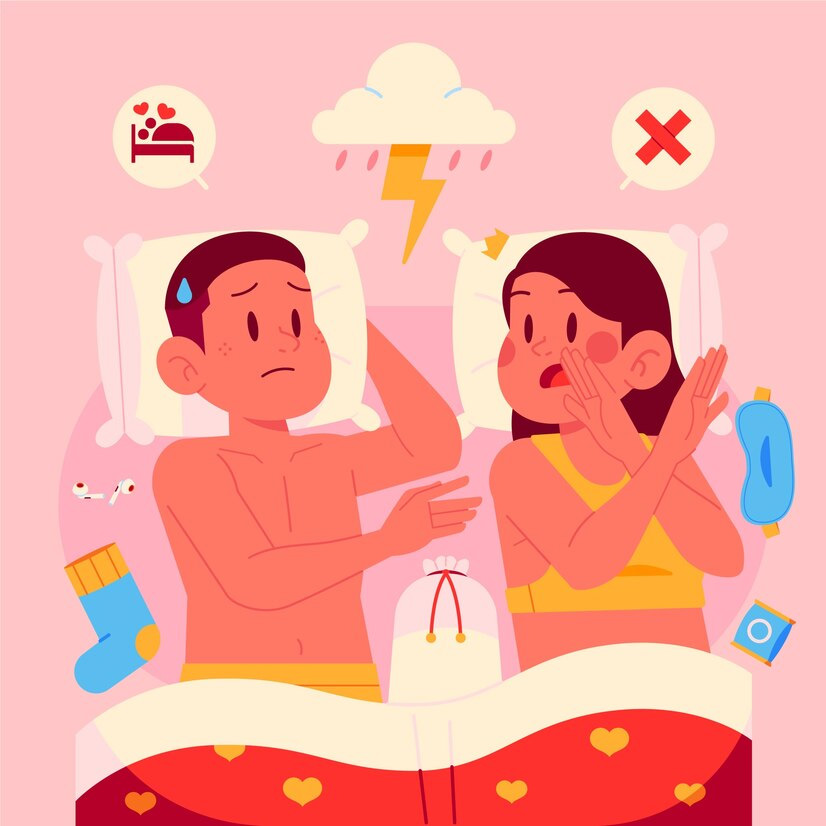Hormones work tirelessly behind the scenes in our body to regulate everything from our metabolism and energy levels to our mood and libido. But what happens when these delicate chemical messengers become imbalanced? Let us understand all about it with our expert,Dr Vaishali Sharma, MBBS, MD - Obstetrics & Gynaecology, Gynecologist, Laparoscopic Surgeon (Obs & Gyn) at Rainbow children hospital.
Dr Sharma said, "Hormones are the body’s chemical messengers that play a crucial role in regulating various functions such as metabolism, mood, reproduction, and energy levels. Understanding what your hormones say about you can help identify underlying health conditions and improve overall well-being."

Common Hormonal Indicators and Their Meanings
1.Persistent Fatigue
Low thyroid hormones (hypothyroidism) or imbalanced cortisol levels (adrenal fatigue) may oftenlead to constant exhaustion.
2.Unexplained Weight Gain or Loss
Sudden changes in your weight can indicate thyroid disorders, insulin resistance, or estrogen imbalances.
3.Mood Swings and Depression
Fluctuating estrogen and progesterone levels, particularly during menstrual cycles, pregnancy, or menopause, can affect emotional well-being.
4.Acne and Oily Skin
High levels of androgens (male hormones) can lead to excessive oil production and acne breakouts.
5. Irregular Periods
Dr Vaishali mentioned, "Polycystic Ovary Syndrome (PCOS) or estrogen-progesterone imbalances can disrupt yourmenstrual cycles."

6.Low Libido
She continued, "Reduced testosterone or estrogen levels may contribute to decreased sexual desire."
7.Sleep Disturbances
An imbalance in your melatonin and cortisol levels can impact your sleep quality and cause insomnia.
How To Balance Your Hormones?
1.Eat Nutrient-Rich Diet
Don't Miss:Is Your Hair Turning Grey Too Soon? Experts Explain Causes And Solutions
Dr Sharma advised that you consume a balanced diet with healthy fats, proteins, and fibreto support hormone production.

2. Exercise Regularly
She also mentioned that physical activity helps regulate insulin and cortisol levels.
3.Manage Stress
"Practices like meditation and yoga reduce cortisol spikes," advises the doctor.
4.Stay Hydrated
Dr Vaishali said that proper hydration aids in hormone regulation.
5.Consult A Doctor
If symptoms persist, you are advised to seek medical advice to help diagnose and treat hormone-related issues.
"Understanding your hormones can help you take proactive steps towards better health, improved mood, and enhanced overall well-being," concluded the expert.
Don't Miss:Sadhguru Diet Plan: 7 Tips To Remain Healthy And in Good Shape
If you liked this story, then please share it. To read more such stories, stay connected to HerZindagi.
Image Credits: Canva, Freepik

Take charge of your wellness journey—download the HerZindagi app for daily updates on fitness, beauty, and a healthy lifestyle!
Comments
All Comments (0)
Join the conversation